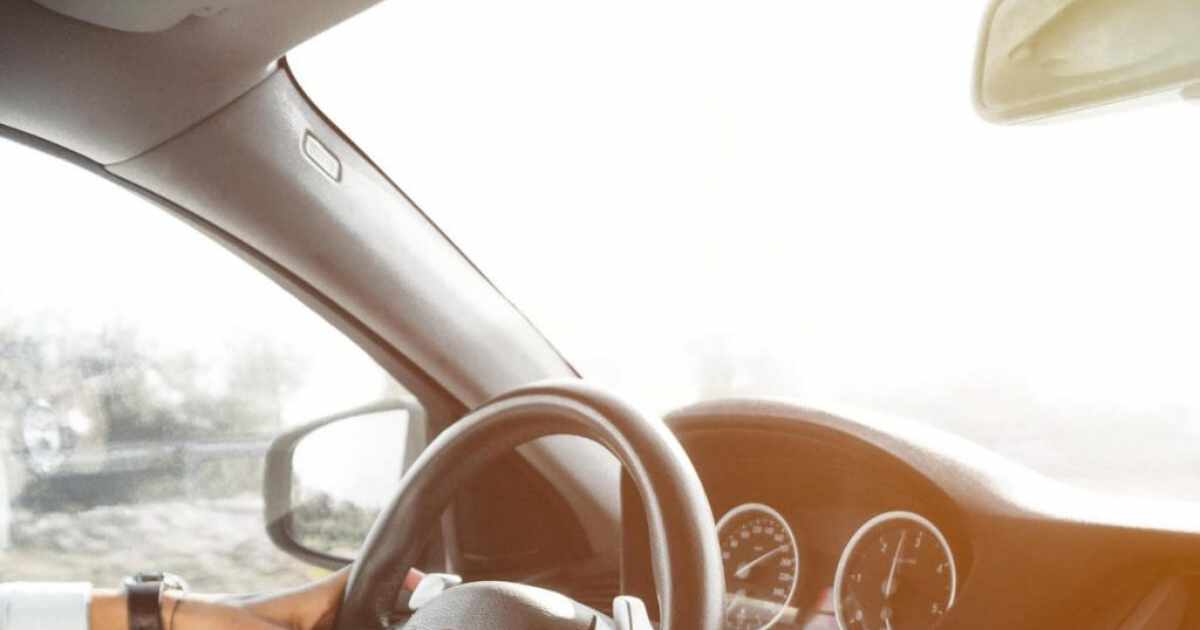
In many parts of the world, a car is the ultimate symbol of freedom. Public transport is a good alternative in a handful of highly developed countries, but unfortunately, this is not the case everywhere: in many emerging economies something as simple as getting from point A to B can be a challenge.
In South Africa, public transport is slow, unreliable, and sometimes dangerous – especially if you’re a woman. Yet banks persist in rejecting most vehicle finance applications, says Eerik Oja, CEO of mobility startup Planet42. Oja speaks about the role his company plays in meeting the mobility needs of the vast majority of the country’s population.
What is Planet42 All About?
In a nutshell, the brand fights transport inequality by putting cars in the hands of people unfairly ignored by banks.
“We buy cars from second-hand car dealerships and rent them to our customers on a subscription basis,” Oja says. “By building a socially inclusive car subscription product that’s simple and fast, we’ve been able to give thousands of South Africans the freedom of having a car.”
How Do You Do Rent-to-Own Cars?
Prospective customers can apply for our rent-to-own cars program online at www.planet42.com or directly at any dealership partnered with Planet42. Our unique algorithm assesses an applicant’s risk level in just 1 minute, approving significantly more applications than traditional banks for rent-to-own cars. Once approved, you choose a car from the dealership, and we purchase it for you.
Unlike traditional car finance, our monthly rent-to-own car subscription includes comprehensive insurance, GPS tracking, and a motor warranty for complete peace of mind. Plus, you have the flexibility to return the car anytime after 6 months, or if you love it, buy it out and become the full owner.
Experience the simplicity and flexibility of car ownership with Planet42’s rent-to-own cars program. We’ve already helped thousands get behind the wheel by purchasing and delivering over 3,000 second-hand cars and partnering with over 400 dealerships across South Africa.
Rent-to-Own Cars From Planet42’s Social Impact
Personal mobility is taken for granted in most developed countries, where public transport is at a level where many choose not to have a car at all. “I was one of those people back when I lived in Europe, commuting to work on a tram. On top of better public transport infrastructure, the financial system is also much more inclusive: if you have a stable income, the chances are that banks will be falling over each other trying to buy a car for you,” he recalls. “Unfortunately, the situation is completely different in other parts of the world, including South Africa.”
Access to employment and educational opportunities is severely restricted without a personal car. Picture this: Maybe there is a better job out there for you, but you won’t even apply because the commute would simply be too long. Maybe there aren’t any taxi routes you could take. Without that job, you will earn less, which means that banks refuse to give credit to you to buy a car. This “mobility gap” creates transport inequality and inhibits financial inclusion.
We break this vicious cycle by giving people who are earning an income but are still ignored by banks a chance to drive a car that they can ultimately own.
SEE ALSO: Start-up Naked Insurance Uses AI Tech to Offer a Different Kind of Car Insurance
How the Rent-to-Own Car Business Started
“I have been working in the vehicle finance industry in Estonia for several years. In 2017, an old college friend of mine and co-founder of Planet42, Marten Orgna, convinced me to swap my desk job in Europe for the possibility of launching a new mobility venture in South Africa.
“I’ve always had a desire to make a difference in the world, and my job wasn’t doing it for me, so perhaps the timing was right. Marten expressed interest in evaluating the idea of launching a company that would buy cars for people who otherwise had no access to reliable transportation. I had my doubts, but the idea intrigued me, so we booked a flight to Johannesburg to do some on-the-ground research. The opportunity we saw here was impossible to ignore, so I quit my job and joined Marten in founding Planet42.”
It took them nine months to buy the first car for their first customer, spending most of the time setting up the IT infrastructure and convincing local businesses like tracking companies and insurance providers that they really wanted to buy second-hand cars for people that banks deem “blacklisted”.
“We didn’t have substantial personal savings and raised money from angel investors in our home country. This was followed by further equity and debt investments as we grew. To date, we have raised a total of $20 million from abroad and are investing this into South Africa. And we’re only getting started,” he concluded.



















